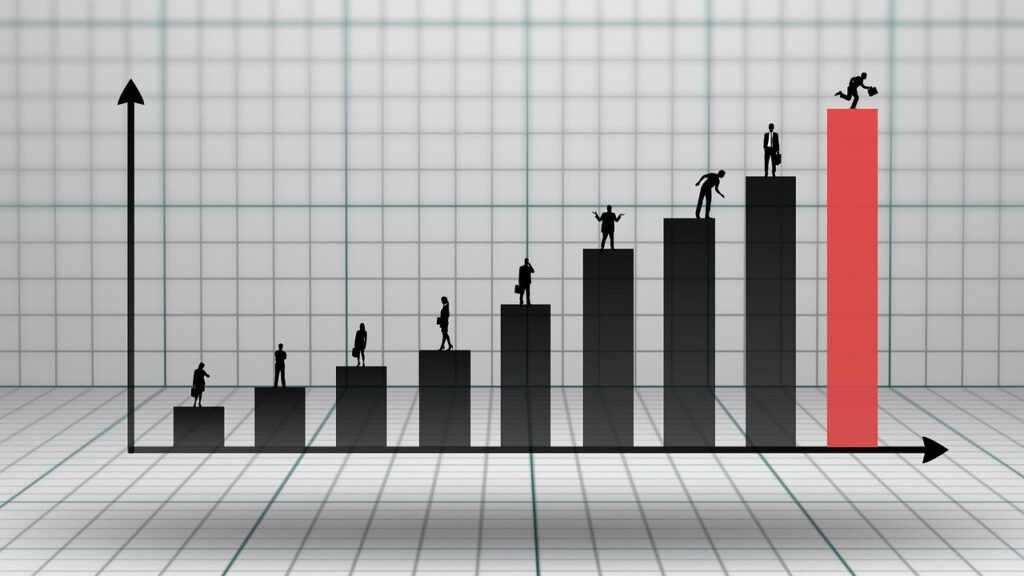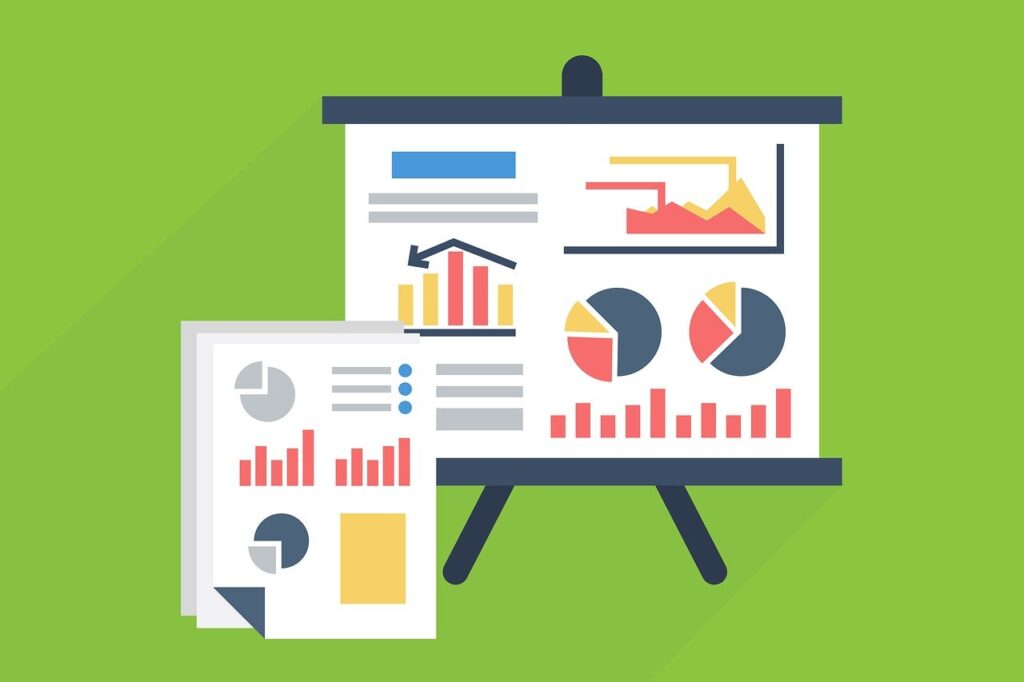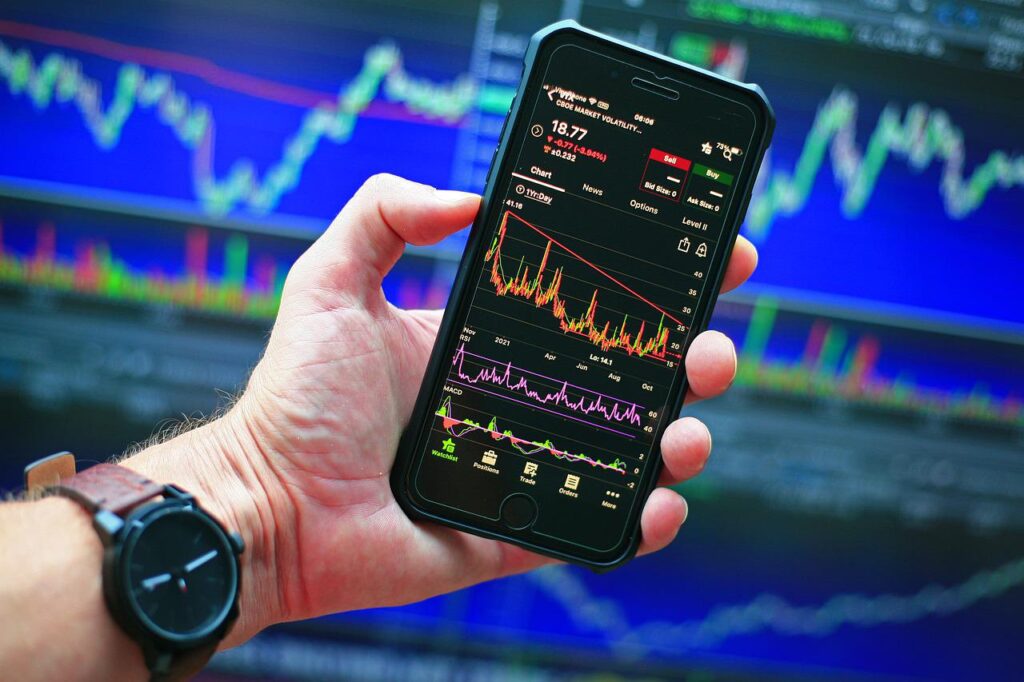Frequently Asked Questions (FAQ)
Everything you need to know about intraday trading
What is intraday Trading?
Intraday trading means buying and selling Commodities / Stocks on the same trading day. Intraday trading is also known as Day Trading. Commodity / Stock Price keeps fluctuating throughout the day. And intraday traders try to draw profits from these price movements by buying and selling Commodity /Stocks during the same trading day. Intraday trading refers to buying and selling Commodities/Stocks on the same day before the market closes. If you fail to do so, your broker may square off your position or convert it into a delivery trade. This kind of trading is always beneficial whether a person is an experienced trader or a beginner as the indicators and trends of the market will guide them properly.


Basics of intraday Trading
Day trading refers to buying and selling Commodities/Stocks on the same day. This enables the user to buy and sell the same number of commodities/stocks on the same day before the market closes. The purpose is to earn profits through the movement of commodities/stocks. Hence it is also referred to as day trading.
The commodities/stocks earn you great returns if you are a long-term investor. But even in the short term. They can help you earn profits. For example, a commodities/stock opens a trade at Rs: 500 in the morning. Soon it climbs to Rs: 550 within an hour or two. If you’ve purchased 1000 commodities/stocks in the morning and sold them at Rs: 550, you would have made an incredible profit of Rs: 50,000/- all within a few hours. This is called intra-day trading.
Intraday Trading – Features
In offline trading, you must specify if an order is specific to intraday trading. In that case, you take a position on the Commodities/stock and close it within the trading hours on the same day. If you don’t close it yourself, the position gets squared off automatically at the market close price. You don’t get ownership of the commodities/stocks you buy and sell in intraday trading. The goal of intraday trade is not to own the commodities/stocks it is to make a profit by reaping the benefit of price movements during the day.
Leveraging: leveraging means borrowing money from our broker to enhance your buying power and amplify the potential investment returns. For Example, you can take the benefit of leverage in intraday trading to take a larger exposure while paying a fraction of the open position. There are terms and conditions associated with leveraging that your broker should get familiar with to tap its benefits.
Offline trading platform, you have to specify if an order is specific to intraday trading. You take a position on the commodities/stocks and close it within the trading hours on the same day If don’t close it yourself the position gets squared off automatically at the market closing price. The goal of intraday is not to own commodities/stocks it’s instead to make profits by reaping the benefits of price movements during the day

Advantages and Disadvantages (Pro and Cons) of Intraday Trading
Advantages of Intraday Trading
- The trader can make profits based on the movement of the market price of the Commodities/stocks
- The trader can avoid huge money to carry ward position
- If the trader doesn’t close the deal, the position gets squared off automatically, if it’s set in the trading platform
Disadvantages of Intraday Trading
- The trader will not own the commodities/stocks he traded for the day
- The trader incurs a loss if the closing rate is not conducive. If the market is unfavorable, he may have to forego profit.
Intraday Trading FAQ
Day trading and intraday trading are different terms but have the same meaning.
Buy and selling commodities/stocks on the exchange on the same day are known as intraday trading. As buying and selling happen on the same day it is also known as day trading.
The price of shares keeps moving up and down during the day the trader makes a profit from the movement of the commodities/share price.
The objective of any form of trading is to make profits. However, there are different types of trading that you use to make profits. With intraday traders. The timeframe is only one day whereas, with regular trading, you can hold the commodities/stocks you have bought for as long as you want
When you feel that a certain commodities/stocks price is going to decline you can take a short position on an intraday trader, however, there is no such option with regular trading.
Intraday traders are usually available with margin however, delivery or regular traders are not a form of margin trading.
In intraday trading, the trader takes a position in the commodities/stocks market and once the price movements of the specific commodities/stocks are conducive, he will close the deal, if the position taken during the day is not closed by the trader, it automatically takes the reverse position at the closing market rate. The trader does not own commodities/stocks at the end of the day as the intention of the trader is to book profit based on the movement of the price.
In the case of intraday trading, if a trader takes a position in the stock market, he will have to close the deal within the trading hours of the same working day. If the position is not closed by the trader the commodities/stocks will automatically get squared off at the closing price.
If you are completely new to the Commodities/stock market and have no idea about it, then you should ideally, halt your plans for intraday trading. Intraday trading requires some basic knowledge about the commodities/stocks market and Entry, and exit, especially the stop loss order. If you are aware of the basics then you can Create Your Trading Account with your broker. Deposit funds, understand the exchange rules guidelines for margin requirements, and start trading during market hours. You need to remember that intraday trades are meant to be closed on the same day itself or the position will be squared off automatically.
Intraday trading is profitable if you can analyze the market trends and patterns and time your entry and exit properly. As there is a considerable risk involved in intraday traders because of the market volatility.
Beginners should understand the importance of stop–lossless order to minimize the losses.
Anyone good at analyzing market trends and patterns can participate in intraday trading. This is popularly known as technical analysis. A trader must know how to read and understand various trends through different types of indicators on the price chart.
The usual market hours for intraday trading are between9.00 am to 11.30 pm usually, intraday traders don’t make a trade right after the market opens as there are slightly more price fluctuations in the first hour or so. A trader will wait for the market to settle and then time their traders according to the indicator they are referring to for signals.
No, you cannot hold intraday Commodities if you don’t have sufficient funds in your trading account, your broker will automatically square off the position.
There is no fixed amount to start intraday trading. You can start with any amount you want. If you are a new trader. Then it is recommended to start small an advantage of trading on intraday is that all brokers provide leverage. This means you can buy commodities worth more than available funds.
Intraday traders believe that volume and liquidity are the most important aspects of intraday trading. Usually, intraday traders will choose commodities with high liquidity and high trading volume although these are the primary attributes for choosing commodities it is also important to do your due diligence (research, check the news, use technical indicators) before choosing any commodities for intraday.
A stop loss is a sell/buy order that is placed to close the existing long/short position on trade. A stop loss is used to minimize losses during volatile market situations. A stop loss order acts as damage control in case the market moves in the opposite direction of your position.
*Disclaimer:
While care is taken to update the information on products and services included in or available on our website there may be inadvertent inaccuracies or typographical errors or delay in updating the information. The material contained on this site and on associated web pages is for reference and general information purposes and the details mentioned in the respective product/service document shall prevail in case of any inconsistency. Subscribers and users should seek professional advice before acting on the basis of the information contained herein. Please take an informed decision with respect to any product or service after going through the relevant product/service document and applicable terms and conditions.
*Term and conditions apply